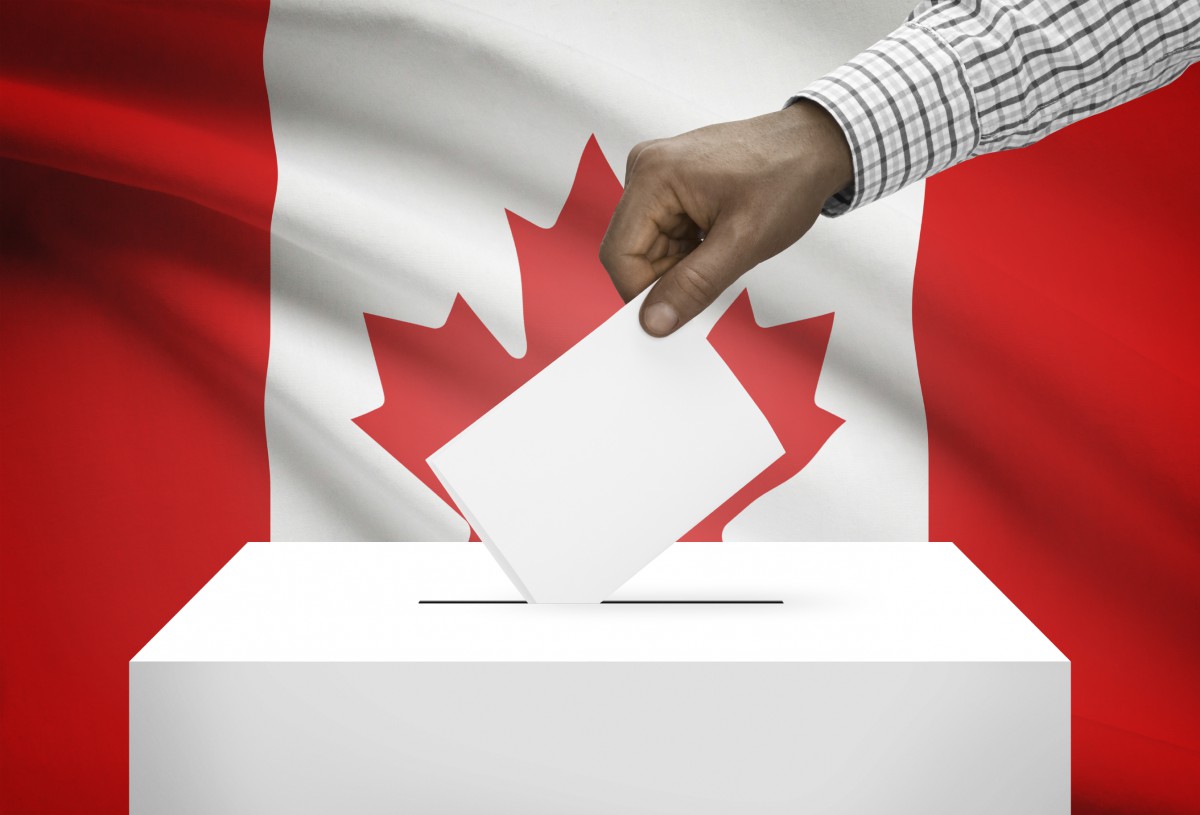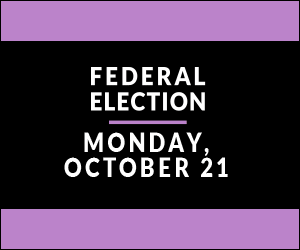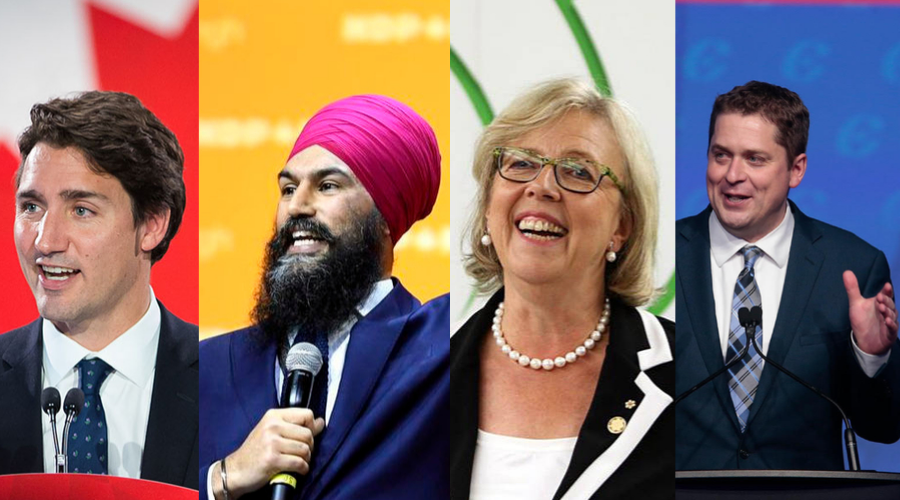With just under 9 days left until the 2019 Federal Elections, party platforms have been released, important topics have been debated, and election promises have been made. As a pharmacist, the debate on national pharmacare as one of the hot topics of this year’s election campaigns has been intriguing. So where do the major federal parties stand on this issue?
Pharmacare in Canada:
As Canadians, we pride ourselves in our universal healthcare system. However, we are the only nation that provides universal health care without coverage of necessary prescription drugs.
Universal pharmacare has been recommended for Canada since the 1960s, with five separate national commissions, but has not yet been implemented. The latest report, the Advisory Council on the Implementation of National Pharmacare, was published in June 2019.
Why does Canada need national pharmacare?
In Canada, prescription medications are covered by provincial public drug plans and voluntary private drug plans (except in Quebec, where employees are required to provide private drug insurance for eligible employees). Since most Canadians do not have private insurance, Canadians pay $6 billion in prescriptions out-of-pocket. 1

The cost of medications is a barrier to Canadians receiving necessary medications. Surveys have shown that 1 in 10 Canadians do not take their medications as prescribed because of costs. Not only does this negatively impact the health and wellness of individual patients, but it also costs the Canadian healthcare system more in the long-term. Preventable medications, such as cholesterol and blood pressure lowering medications which reduce the risk of heart disease, would cost the healthcare system less than if the patient suffers a heart attack.
The cost barrier to medications has gotten so bad that Canadians are dying because they are unable to afford their prescription medications. For instance, a report by the Canadian Federation of Nurses Unions estimated that there are up to 640 deaths a year among Canadians with ischemic heart disease due to cost-related non-adherence.
A national pharmacare program would not only improve the accessibility of necessary prescription drugs and improve the health of all Canadians, but once implemented it would actually help save money. Canadians spend more on pharmaceuticals than other countries that provide universal healthcare, such as the United Kingdom and New Zealand. For instance, a year’s supply of atorvastatin (one of the most commonly prescribed medications) costs $113 in Canada, $27 in the UK and $12 in New Zealand 2. This is because a universal pharmacare program allows for Canada to use bulk purchasing power to obtain better drug prices. In fact, a study out of UBC showed that Canada could save more than $4 billion a year with a universal pharmacare as a result of reduced drug prices.
Where is Canada headed with pharmacare?

With almost 90% of Canadians agreeing that Canada should have a national pharmacare program, it is clear that Canada needs to take this topic seriously. So let’s take a look at where the four major federal parties stand on this topic.
Liberal Party
Liberal leader Justin Trudeau began his discussion of moving towards a national pharmacare program back in March 2019, when he released his 2019 federal budget. As Prime Minister, he announced the creation of the Canadian Drug Agency, which would negotiate prescription drug prices, and the development of an evidence-based national formulary, as “important steps” on the road to implementing a national pharmacare program.
The Liberal party platform states that they would invest $6 billion over the next four years as a “down payment” towards improving a number of health-related issues, including working towards implementing national pharmacare.
“We know that for people who have to take pills every day, the cost of medications represents a terrible financial barrier. Under a re-elected Liberal government, we will work hard every day to make sure no Canadian has to choose between staying healthy and putting food on the table.”
Liberal leader Justin Trudeau
New Democratic Party
NDP leader Jagmeet Singh said he would spend $10 billion a year to provide comprehensive coverage for all medications and medical devices, starting in 2020. He estimates that national pharmacare will eventually save Canada $4.2 billion, which he promises to invest in better coverage to all Canadians.
“It’s going to be when people starting using their dental care program as well as their medication program. So we’re planning to have it implemented within a year. So that means by 2020, families should be able to go out and get the medication they need.”
NDP leader Jagmeet Singh
Green Party
The Green Party also has pledged a national pharmacare program, at a cost of $31.3 billion by fiscal year 2024-25, with provincial contributions to the pharmacare plan at a cost of $17 billion for each province. The Green Party plans to enact pharmacare for all by 2020.
The big ticket items – pharmacare – turns out to be a cost. But it’s essential. We have to do it.
Green Party leader Elizabeth May
Conservative Party
The Conservatives are not in favour of implementing a national pharmacare program. They reason that since many Canadians are already covered by drug insurance plans, it would more productive to focus on filling gaps in coverage. The Conservatives would also work to improve bulk purchasing of drugs to reduce the cost of medications.
It’s important to note it’s about the gap. It’s about the people who don’t have access to pharmacare.
Conservative leader Andrew Scheer

Reminder: the Canadian federal elections are on Monday October 21st, 2019. Please take a few minutes of your day to cast your vote!
References
- Morgan et al. Pharmacare 2020: The future of drug coverage in Canada. 2015. Vancouver, Pharmaceutical Policy Research Collaboration, University of British Columbia.
- Reed, Nickerson and Attaran.Pan-Canadian overpricing of medicines: a 6-country study of cost control for generic medicines.Open Medicine. 2014; 8(4): e130–e135.

